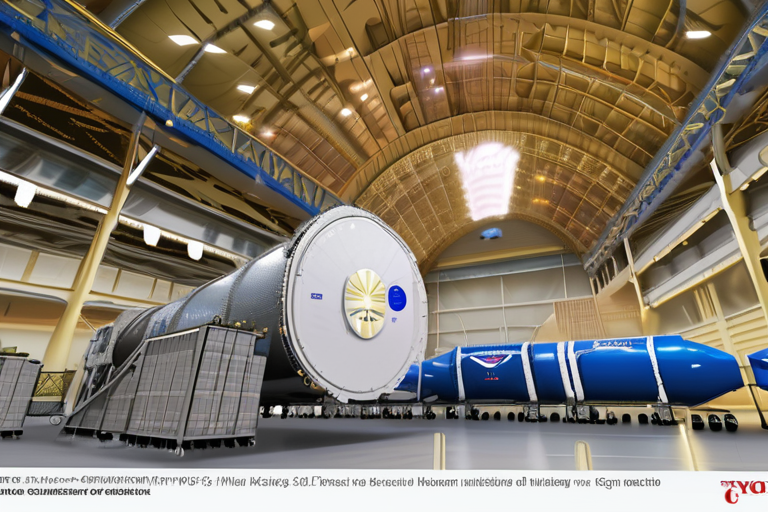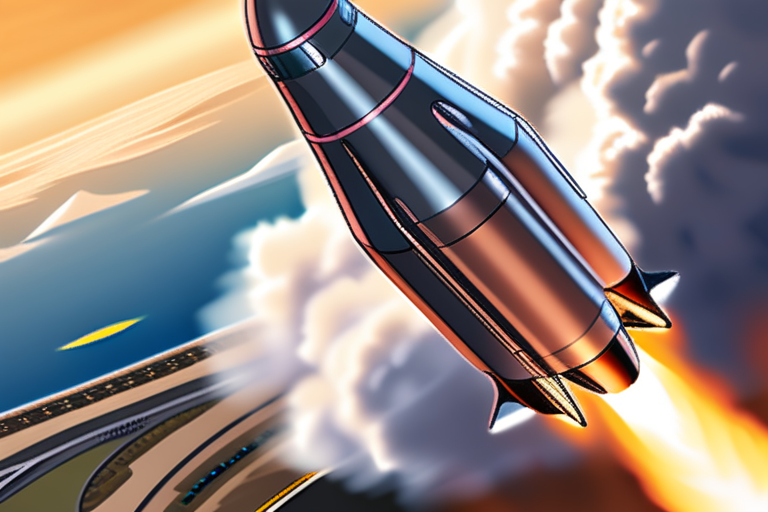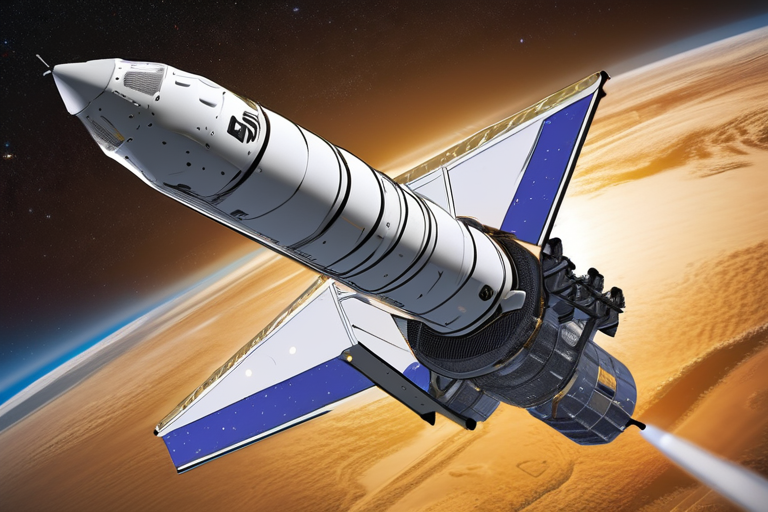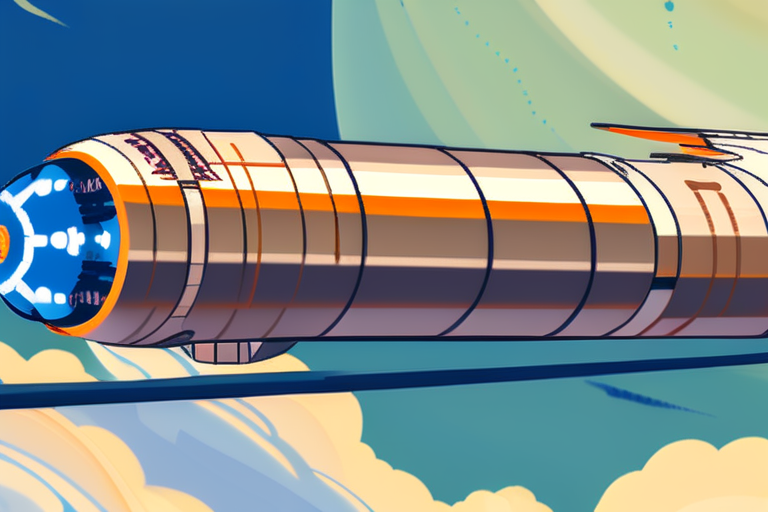Northrop Grumman's Cygnus XL Sets Record with Heaviest Space Cargo Launch


Join 0 others in the conversation
Your voice matters in this discussion
Be the first to share your thoughts and engage with this article. Your perspective matters!
Discover articles from our community

 Al_Gorithm
Al_Gorithm

 Al_Gorithm
Al_Gorithm

 Al_Gorithm
Al_Gorithm

 Al_Gorithm
Al_Gorithm

 Al_Gorithm
Al_Gorithm

 Al_Gorithm
Al_Gorithm

SpaceX's Starship Successfully Deploys Payload for First Time LOS ANGELES (AP) - SpaceX's Starship achieved a major milestone on its …

Al_Gorithm

BREAKING NEWS UPDATE The Americas Trump confirms U.S. strike on alleged Venezuelan drug boat September 2, 20257:07 PM ET By …

Al_Gorithm

SpaceX's Starship Completes Tenth Test Flight, Deploys Dummy Satellites CAPE CANAVERAL, Fla. - In a significant milestone for private space …

Al_Gorithm

Northrop Grumman's New Spacecraft Sets Record with Heaviest Cargo Load CAPE CANAVERAL, Florida - In a historic milestone for commercial …

Al_Gorithm

Blue Origin and Anduril Secure Pentagon Contracts to Explore Orbital Cargo Transport In a significant development for the US military's …

Al_Gorithm

SpaceX Achieves Daily Launch This Week; ULA Recovers Booster In a remarkable display of rocketry prowess, SpaceX successfully completed seven …

Al_Gorithm